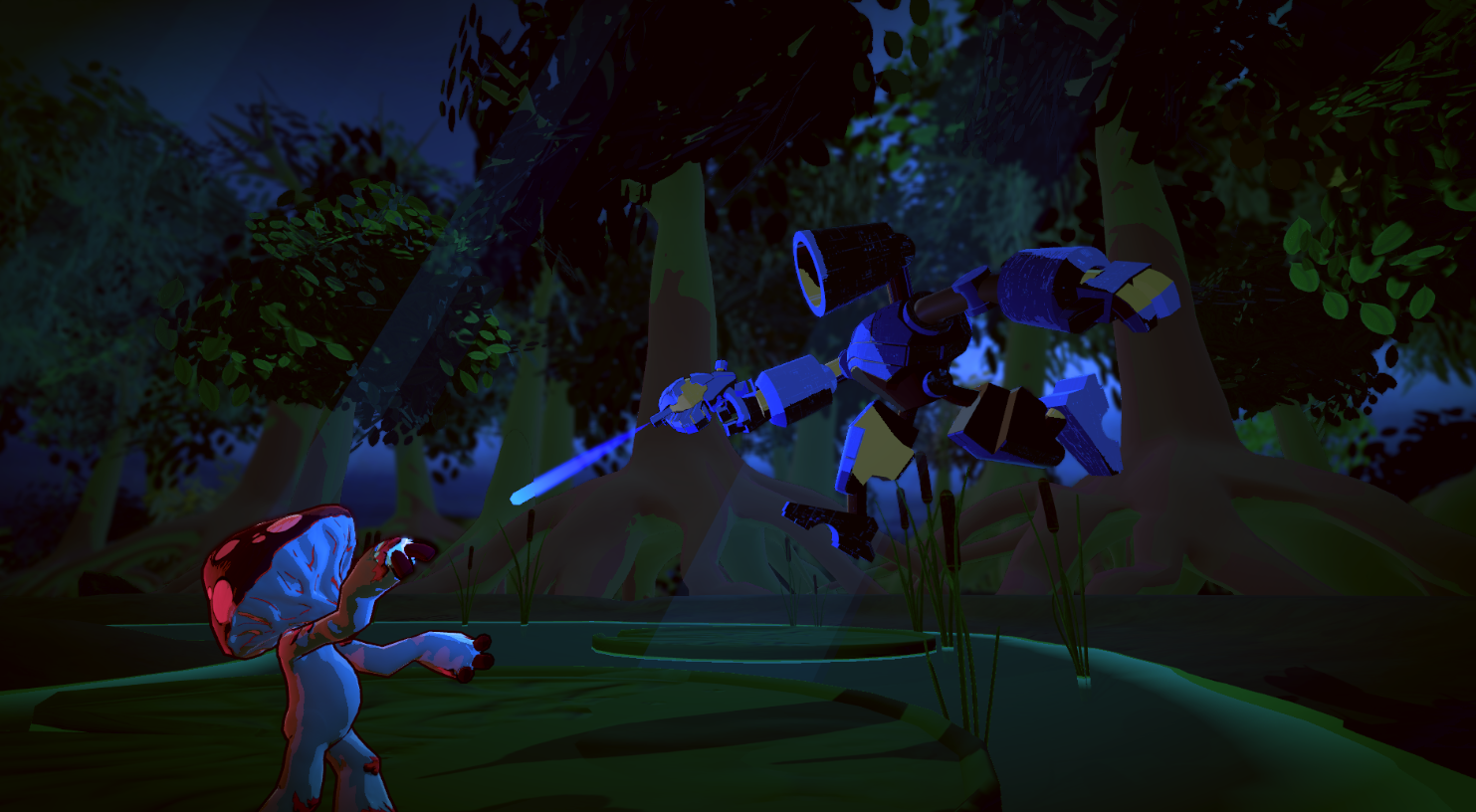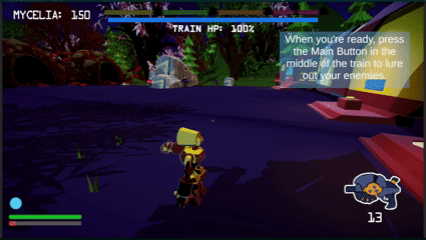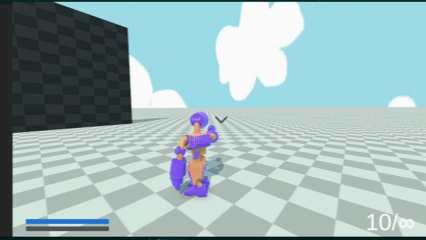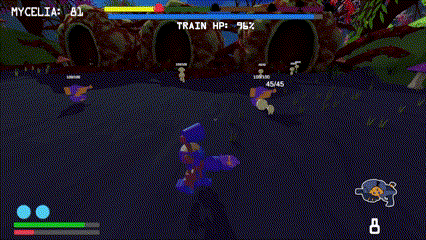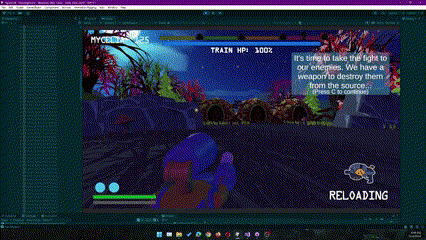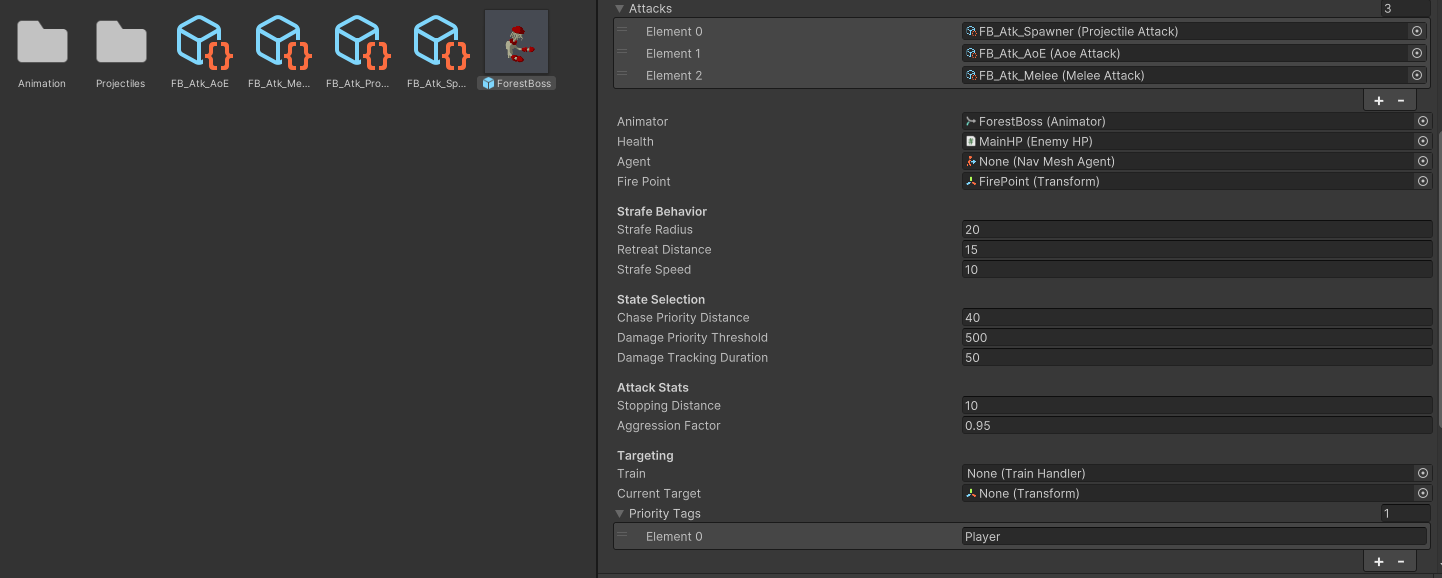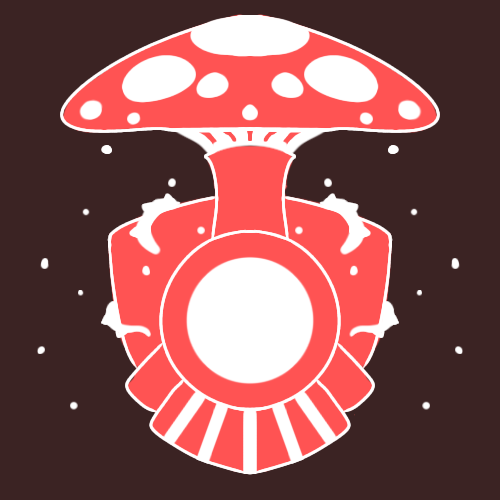
SporeFall is a third person co-op wave defense game, with a playful theme. Players control robots that fight against fungal invaders as they escort payloads that will ultimately stop said invaders.
The game’s core mechanic combines fast-paced shooting action with tactical defense building, requiring players to carefully balance offense and defense as they progress through increasingly challenging waves of enemies.
Project Goal
Our goal is to create a seamless blend of third-person action shooting and the strategic depth of a wave defense game — all set in a fun, lighthearted atmosphere. We aim to deliver fast-paced gameplay that rewards both quick reflexes and thoughtful planning.
How To Play
Keyboard and Gamepad Compatible
The game fully supports both keyboard/mouse and gamepad controls, allowing players to choose their preferred setup for maximum comfort and accessibility.
Keyboard & Mouse
Use WASD to move your character
Your Mouse to aim.
Press Left Click to shoot
B to enter Build Mode.
Gamepad
Move using the left stick
Aim with the right stick.
Use the right trigger to shoot
Press the circle/B button to build, depending on your controller.
With the number of systems in place, we also created an in-game tutorial to guide new players through the mechanics and help them get comfortable quickly.
